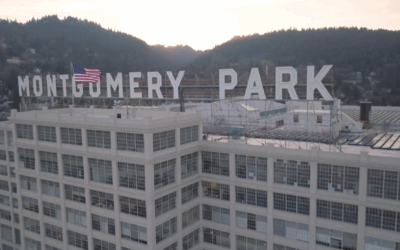Active Path has partnered with NeuroStar to offer Neuronetics’ NeuroStar Advanced Therapy system to patients.
NeuroStar Advanced Therapy is a market leader in transcranial magnetic stimulation (TMS), a non-invasive treatment of Major Depressive Disorder (MDD) in patients who have failed to receive satisfactory improvement from prior antidepressant medication. It is reimbursed by most commercial and government health plans, including Medicare and Tricare.
TMS uses a targeted pulsed magnetic field, similar to what is used in an MRI (magnetic resonance imaging) machine. While the patient is awake and alert, NeuroStar TMS Therapy stimulates areas of the brain that are underactive in depression.
Before treatment
- You’ll recline comfortably in the treatment chair
- A small, curved magnetic coil will be positioned lightly on your head
During treatment
- NeuroStar delivers focused magnetic stimulation directly to the target areas of the brain
- You’ll hear a clicking sound and feel a tapping sensation on your head
After treatment
- You can resume normal activities immediately
- Because there are no effects on alertness or memory, you can drive yourself to and from treatment sessions
In-office treatment with NeuroStar TMS Therapy takes around 20 minutes and is administered 5 days a week for 6 weeks.
What is TMS?
Check out this quick overview video from NeuroStar.
Watch how non-drug TMS treatment changed these patients’ lives.




